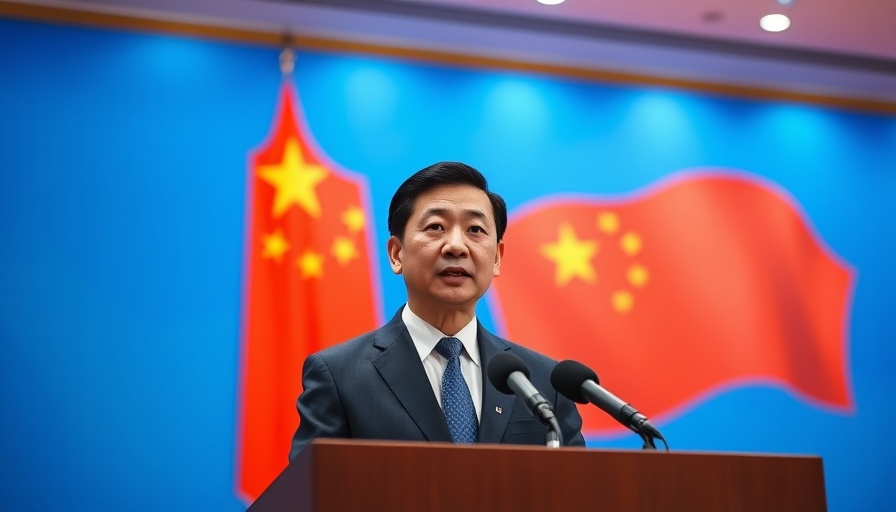
China’s Trade Deal: A Calculated Win in the Global Arena
In a surprising turn of events, China has framed the recent trade agreement with the United States as a significant victory for Beijing, capitalizing on negotiations that unfolded over just two days. After extensive discussions, the Trump administration's decision to roll back its aggressive 145% tariffs has not only boosted the Chinese economy but has also sent ripples through global stock markets, demonstrating the interconnected nature of international trade.
Understanding the Trade Dynamics
Chinese officials, media, and influencers have lauded this development as a validation of their tough negotiating stance. State-run sources have emphasized that their firm reaction against the previous tariffs was vital in achieving this reduction to 30%. This result highlights a broader narrative about how both superpowers are navigating a complex web of negotiations—balancing assertive measures with diplomatic dialogue.
The Impact on Taxpayers
For taxpayers, especially those navigating the world of small businesses, this trade deal could signal favorable conditions ahead. With lowered tariffs on Chinese goods, one can anticipate the potential for reduced prices in the market, which may ease the tax burden in the long run. Taxpayers may find opportunities to lower their taxes through savvy strategic tax deductions that arise from shifting market conditions. Understanding these dynamics is crucial for effective tax planning.
What’s Next? Future Predictions
Looking ahead, the ramifications of this agreement will likely extend beyond mere tariff reductions. As trade dynamics evolve, taxpayers must remain vigilant about opportunities that can arise for deductions and potential savings. Being informed about international trade agreements becomes increasingly pertinent for strategic tax planning, particularly for small to medium business owners.
Conclusion: Preparing for Change
This new landscape requires everyone—from everyday consumers to small business taxpayers—to rethink their approaches to budgeting and tax deductions. Keep an eye on how global trade developments can influence local markets and tax responsibilities. Educate yourself on deductions that could benefit you, and consider consulting a tax professional to navigate these changes effectively.
 Add Row
Add Row  Add
Add 




Write A Comment